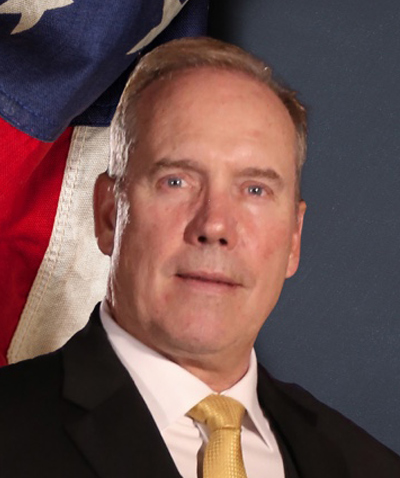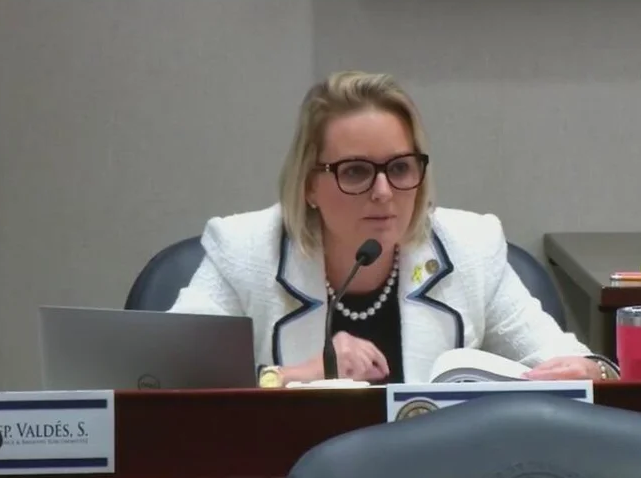The American Policyholder Association (APA) just issued a study, Justifiable Grievances: New Analysis of Regulatory Complaint Data Suggests High Rates of Litigation in Florida Homeowners Insurance Market are Driven by Substantial Claims Payment Issues, not Frivolous Lawsuits. The report has the following key findings:
Florida homeowners insurers are the subjects of a majority of all confirmed consumer complaints against homeowners insurers in the US – 56% in 2022 and 61% in 2021. NAIC regulatory complaint data for 30 Florida insurers shows that they account for a majority of all closed, confirmed complaints in the US, despite having an 8% share of the market. This suggests that abuses are rampant in the homeowners insurance market in Florida, as compared with other states. The high number of complaints is also notable because the complaint filing process is not particularly easy or well-advertised in Florida.
Florida homeowners insurers are far more likely to be the subject of complaints to regulators than insurers in other sectors in Florida. Homeowners insurance accounts for 7.5% of all insurance premium dollars in Florida, but was the subject of 45% of confirmed complaints in 2019, and 95% of all confirmed complaints in 2020. This suggests that abuses are far more widespread in the homeowners insurance market than other insurance sectors in Florida.
Several of the companies that account for a disproportionate number of the complaints have paid out excessive sums to top executives over the years. The same companies leading the industry in terms of consumer complaint volume had been paying executives some of the largest compensation packages in the country for years. For instance, Universal Property & Casualty led all Florida insurers in terms of number of confirmed consumer complaints in 2021 and 2022, accounting for a staggering 17% of complaints in the US in 2021, despite having just a 1.5% market share. Universal Insurance’s CEO was the highest paid property and casualty executive in the country in 2017, receiving $19.3 million in compensation.
The data set OIR used to analyze litigation rates is not publicly available, so it is not possible to replicate its calculation, but it is likely somewhat inflated. New York and North Dakota are not included in the data, and there appears to be uneven reporting in the data.
OIR ignored clear signs that Florida homeowners insurers are extremely slow to settle claims – an indicator that consumer abuses are occurring, which would drive up litigation levels. Publicly-available summary tables in the NAIC data that OIR analyzed show that Florida homeowners insurers are especially slow to settle claims compared with homeowners insurers in other states.
Consider the source: Altmaier cashed in on his industry-friendly regulatory experience as soon as he resigned as commissioner. Altmaier was appointed director of insurer/reinsurer Aspen Limited shortly after leaving OIR. Aspen paid non-executive directors an average of $400,000 in 2022. This would be more than twice Altmaier’s salary as commissioner, all for part-time board service. He also joined the Southern Group, a lobbying firm with many insurance industry clients, and currently has two insurance industry clients. He resigned his position just prior to the initiation of a 6-year cooling-off period, during which former regulators cannot lobby their old agencies, took effect.
Florida insurers are The GOATs of insurance consumer complaints. Unlike other states, Florida has a unique regulatory system. It is the only state where two state agencies regulate insurance companies and their adjusters. It was not always this way, and the current system is obviously not working. Perhaps Florida needs an elected insurance commissioner.
For readers of this blog, I would suggest taking a few moments to read through the APA report.
Thought For The Day
Facts are stubborn things, but statistics are pliable.
—Mark Twain





